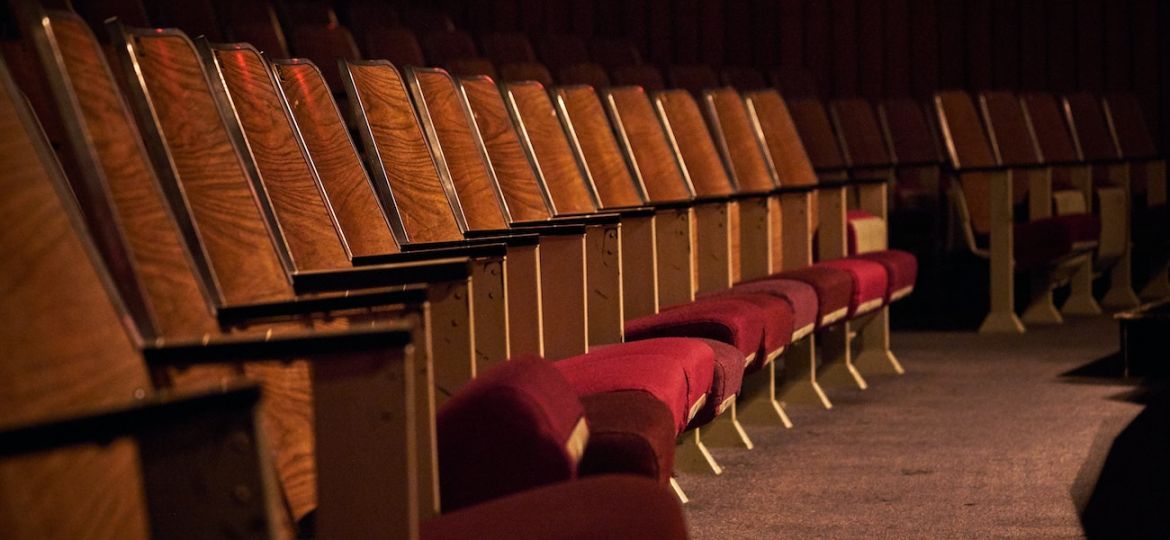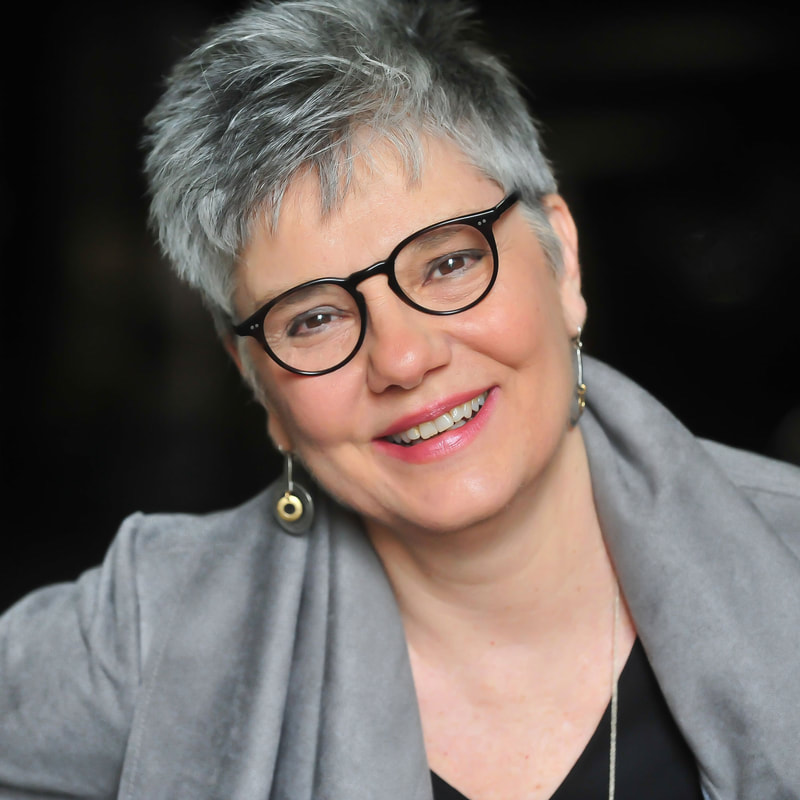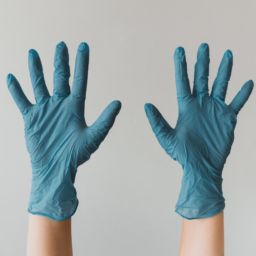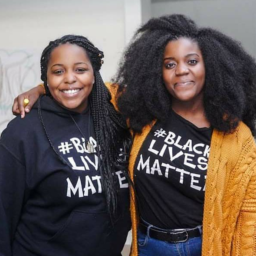
There is nary a corner of American culture that hasn’t been dramatically changed, in just mere weeks, by the arrival of COVID-19. While much focus has been (rightfully) focused on frontline medical workers, grocery store workers, and others who are keeping us going during this difficult time, we can’t forget the devastating effects this health crisis has had on the local arts community.
For example, what happens to theatre if social distancing becomes the new normal?
“Theatre is like a medieval trade guild. I mean, yeah, we have technology, but it still functions pretty much the same way it did for thousands of years,” Janet Allen, Artistic Director of Indiana Repertory Theatre, tells us. “It takes people to both make it and people to receive it. One or the other alone doesn’t do it. It takes craftspeople; it takes trained craftspeople. And there’s a virtuosity in that craft that is not possible just to assume can happen because you have access to Zoom. And a lot of the craft of our business is not transmittable on Zoom.”
The coronavirus has hit the theatre world hard. Below, some of the city’s artistic leaders share how they navigated the unprecedented waters of March, and how they’re adjusting to this uncertain, new world.
Lori Wolter Hudson, Artistic Director of The New Harmony Project
 Founded in 1986, The New Harmony Project gathers writers, actors, directors, and dramaturgs every spring for two weeks to develop new work, with a highly impressive alumni list to show for their efforts.
Founded in 1986, The New Harmony Project gathers writers, actors, directors, and dramaturgs every spring for two weeks to develop new work, with a highly impressive alumni list to show for their efforts.
On April 3, the conference was postponed “indefinitely.” Lori Wolter Hudson wasn’t surprised. Bringing 50 people from hotspot COVID-19 zones to a small isolated community in southern Indiana? Not going to happen. But just because she saw the cancellation coming doesn’t mean it was easy. “That idea that ‘I can’t fix this, and maybe I should’ has been a really hard thing to come to terms with. Especially as the reality of the conference has [set in].”
The New Harmony Project is not a money-making machine. It’s a service organization and doesn’t rely on ticket sales for earned income, but arts organizations are incredibly intertwined. “The financial fallouts [for creatives and artistic organizations] are going to be… really hard to deal with,” says Wolter Hudson. The immediate ramifications are “disturbing”; the long-term ramifications are “catastrophic”.
New Harmony has always been about community. For now, they have begun twice weekly “Digital Dinners,” which Wolter Hudson describes as “a very casual coming together, to share what you’re eating, where you’re at, and something that brought a smile to your face this week.” Additionally, they are working on a video collaboration with Road Pictures and launching a series of micro-commissions that center on the ideals of the Project. They’ll be pairing writers with filmmakers and actors to create short, viral videos that can be easily viewed and shared on social media to pair the spoken word with visual storytelling. “The aim is to inspire and uplift by overwhelming feeds with hope-filled content,” she says.
Lauren Briggeman, Artistic Director and Co-Founder of Summit Performance Indianapolis
 Founded in 2017, Summit is a young company with a mission to create top quality theater that promotes equity and an increase in representation of women on and behind the stage.
Founded in 2017, Summit is a young company with a mission to create top quality theater that promotes equity and an increase in representation of women on and behind the stage.
In terms of scheduling, Summit completed their main production, Be Here Now, in early February. They were set to begin rehearsals for their co-production (with Phoenix Theatre) of Detroit 67 in May. That show has been bumped to next season.
But Summit also curates a series called “Community Conversations”, described on their website as “One Acts… based on interviews of Indianapolis area residents [that] focus on social issues pertinent to members of the Indianapolis community and are presented free and open to the public.” One such conversation was scheduled for March 22 and they’ve decided to make it digital.
Briggeman is quick to emphasize this is “an interesting experiment.” Performers are recording themselves on their iPhones, then sending the videos to Briggeman to edit. She explains that this digital adjustment— instead of a complete cancellation—comes from that feeling of “What can you do? You want to do something positive in this time and what is that? These stories, in particular, because of the nature of our one acts, the script is based on interviews of real people, [the performers] could do a reading of it and it would really be fine. It’s more about the storytelling than anything else.”
“It’s a good message to put out there,” she continues. “It’s exposure and sending a good message and also, it’s also giving artists something to do.” It also gives Briggeman something to do. Namely, pay her performers in a time when many have lost sources of income.
As the sole full-time employee at Summitt, Briggeman herself decided to stop her salary payments to put that money toward the company. She’s applied for assistance through the Indy Arts & Culture COVID-19 Emergency Relief Fund. She’s applied for unemployment. It’s intense, but she’s not complaining. She believes “it’s more doable for [her family] than for a lot of people.”
Overall she says, “You have to just simplify your life, your expectations. If you get rid of your expectations, things are easier.”
Chelsea Anderson, Artistic manager of Phoenix Theatre
 Founded in 1983, Phoenix Theatre moved to its brand-new location at 705 N. Illinois St. in May 2018. The initial orders from the CDC and governor came at a moment when they were just about to close one show, The Agitators, and begin rehearsals for another.
Founded in 1983, Phoenix Theatre moved to its brand-new location at 705 N. Illinois St. in May 2018. The initial orders from the CDC and governor came at a moment when they were just about to close one show, The Agitators, and begin rehearsals for another.
Anderson explains that this timing gave them a moment to pause: “A perfect storm [during unprecedented times] that allowed us to be more thoughtful about some things.” They’ve bumped two shows to next season (Detroit 67 and Love Bird). At the time of this writing, they still plan to produce Alabaster in August.
Finances do not fall under Anderson’s job description, but she can say that, to date, Phoenix has retained full staff at full pay. What is in her wheelhouse is education—and Anderson has used this moment in time to offer online classes and meetings. Anderson wanted to “find a way to engage folks artistically, but also give them something that is just fun. You can learn a skill with that but it’s not intense and hard.”
“My goal with teaching—whether it’s my college kids or whether it’s my itsy-bitsies—is to get them to see that even though you, the audience, come in and see the actor on stage and they look pretty in whatever they’re wearing, there are a million people backstage doing so many more things,” she says. “It takes so much more than just those ‘jazz hands’ on stage for [theater] to happen. So, I like to peel back the onion a little bit and share with people the mechanics, and the more we can do that the better.” The online classes are free to the public.
Janet Allen, Artistic Director of Indiana Repertory Theatre
 Janet Allen has been Artistic Director of IRT since 1996. On March 16, IRT announced a complete cancellation of their current season and it was a staggering blow. “Our house of cards kind of plummeted over the course of four days,” she says.
Janet Allen has been Artistic Director of IRT since 1996. On March 16, IRT announced a complete cancellation of their current season and it was a staggering blow. “Our house of cards kind of plummeted over the course of four days,” she says.
“We were about to go into the tech rehearsals of The Paper Dreams of Harry Chin, which would have required us to get six designers from all over the country. And we spent a weekend trying to triage that…[But] it was clear it wasn’t going to matter how much we wanted to continue to make the work, even if that felt like it could have been responsible for another few days. It wasn’t worth it.”
Together with WFYI, they created a filmed version of the current production, Murder on the Orient Express. (Because of underlying rights, it was only available for viewing for two weeks, and mostly just to those who’d already purchased tickets).
She’s applying for the payroll protection program. She’s dealing with insurance companies. There is a NEA (National Endowment for the Arts) platform they can go through right now and while it’s not a lot of money, she says “any money is good money at this point”. IRT has furloughed some staff, but most people are still working on reduced schedules—and the organization has made a number of decisions that will be further reviewed in early June.
Aside from that list of anxieties, what is she doing? “Scenario spinning. We build scenarios for next season. We’ve built five or six of them right now, depending on when it will be possible to gather again. We’re trying to figure out how little time we’ll need to ramp up, you know? How flexible can we be? We don’t tend to be a very brisk ship to steer. It’s like an aircraft carrier. There’s so many logistics to our business that… we want six months out to do everything but we’re not going to have that now. So now it’s trying to figure out how flexible you can be. And what does that mean about the impact on quality?”
But she feels fortunate in a lot of ways. “We are also an institution that does not carry debt—or has not—for some time. And [we have] a fairly healthy cash reserve and a significant endowment. So, we are very grateful for those prudent, fiscal things that several generations of IRT board members have instituted. So, there will be an IRT in the future. What that IRT looks like and how long that will take to get back in producing mode is really anybody’s guess at this point.”
“The uncertainty, I think, it’s the hardest part. We’re exquisite planners, if we know what the goal is. We don’t know now what it is,” she continues. “Other than to get back to the place where we can tell live stories. How big they are, how many of us it will take to do them, when they will start again, how many people can sit there and watch …”
While the arts community is facing tough times ahead, they will no doubt find a way to move forward. “It’s also incredible I think, the training we have as theatre artists, specifically. You go on [stage] no matter what,” Walter Hudson says. “You are always faced with adversity. That idea of pushing on and persevering, I think is part of our DNA. And that’s why I know that artists will be a crucial part of leading us out of the hole that we will all have after this: emotional, financial, physical, and beyond. A lot will be lost but there will also be people ready to care and be empathetic and show beautiful things that got them through a dark moment.”
Maura Malloy is a writer, actor and one-time Tedx Talker living in Indianapolis. Read her other stories with those working through the pandemic here.






















